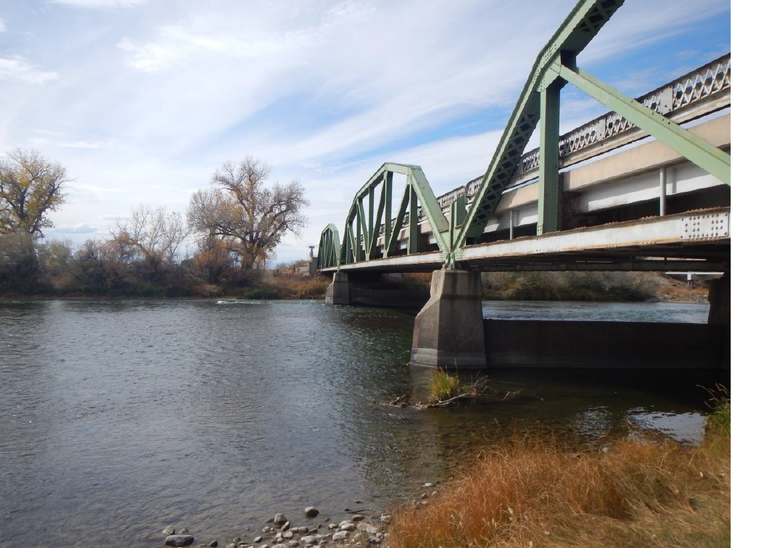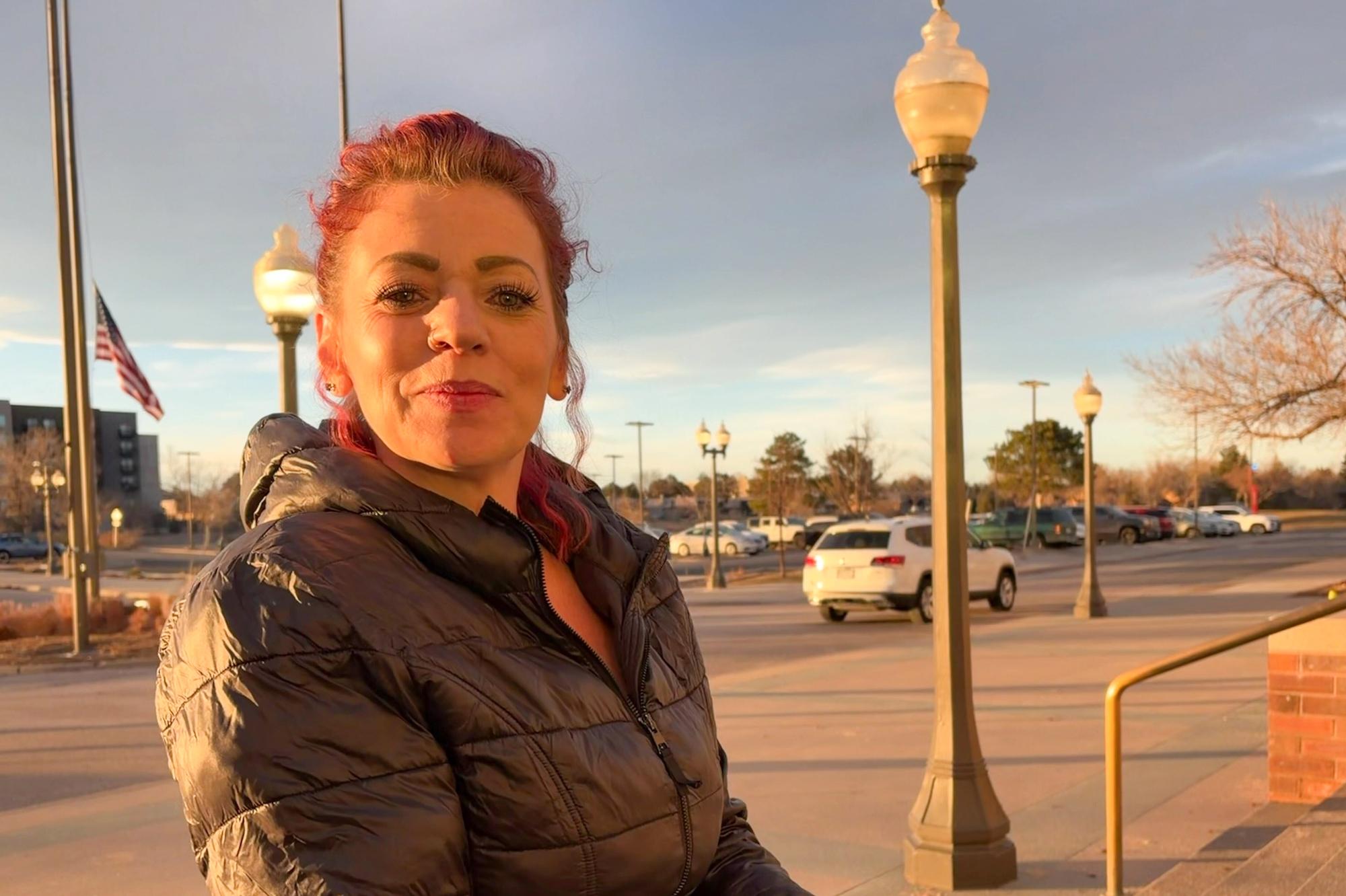
Part of an 83-year-old steel bridge could be yours, free, if you can show the Colorado Department of Transportation that you can relocate it and re-assemble it (which will not be free).
The bridge currently carries CO 92 over the Gunnison River in Delta County on the Western Slope. Costs are keeping the department from rehabbing the bridge itself, but CDOT hopes that there’s someone out there — someone with deep pockets — who’s in the market for a character-rich bridge.
The “camelback pony truss” bridge has a humped support on each side above the deck. If you can picture an old fashioned railroad bridge, your mental image will probably look a lot like the Delty County span.
“We’re aren’t really building bridges like that anymore,” said CDOT senior staff historian Lisa Schoch.

Already, nearby Montrose County has claimed one of the three spans. Schoch said if Montrose County follows through, it will be an exceptionally rare successful bridge adoption.
"We have … an 'adopt a bridge’ program. But it has never been very successful, so it's kind of a misnomer,” she said.
Montrose County spokeswoman Katie Yergensen said the county plans to use the span for vehicle traffic over the San Miguel River on 90 Road.
“Nothing has been finalized yet, but those have been the discussions,” she said in an email.
A handful of retired bridges are in storage around the state, Schoch said. But rehabbing them is a costly endeavor. Any recipient of the remaining two spans will have to pay to move it and build a new substructure and deck.
Schoch admits that the state’s bridges — with the exception of standouts like Red Cliff and Royal Gorge — just aren’t that interesting compared to those in coastal and Great Lakes states like Minnesota. But she hopes the adoption program will generate attention and appreciation for what Colorado does have.
“We have some really great bridges that are enhanced by the landscape,” Schoch said. “There's this relationship between the bridge and where they are placed that I think in Colorado is even more striking than it may be in other states.”
To learn more about the program, email [email protected] or call 970-773-4778









